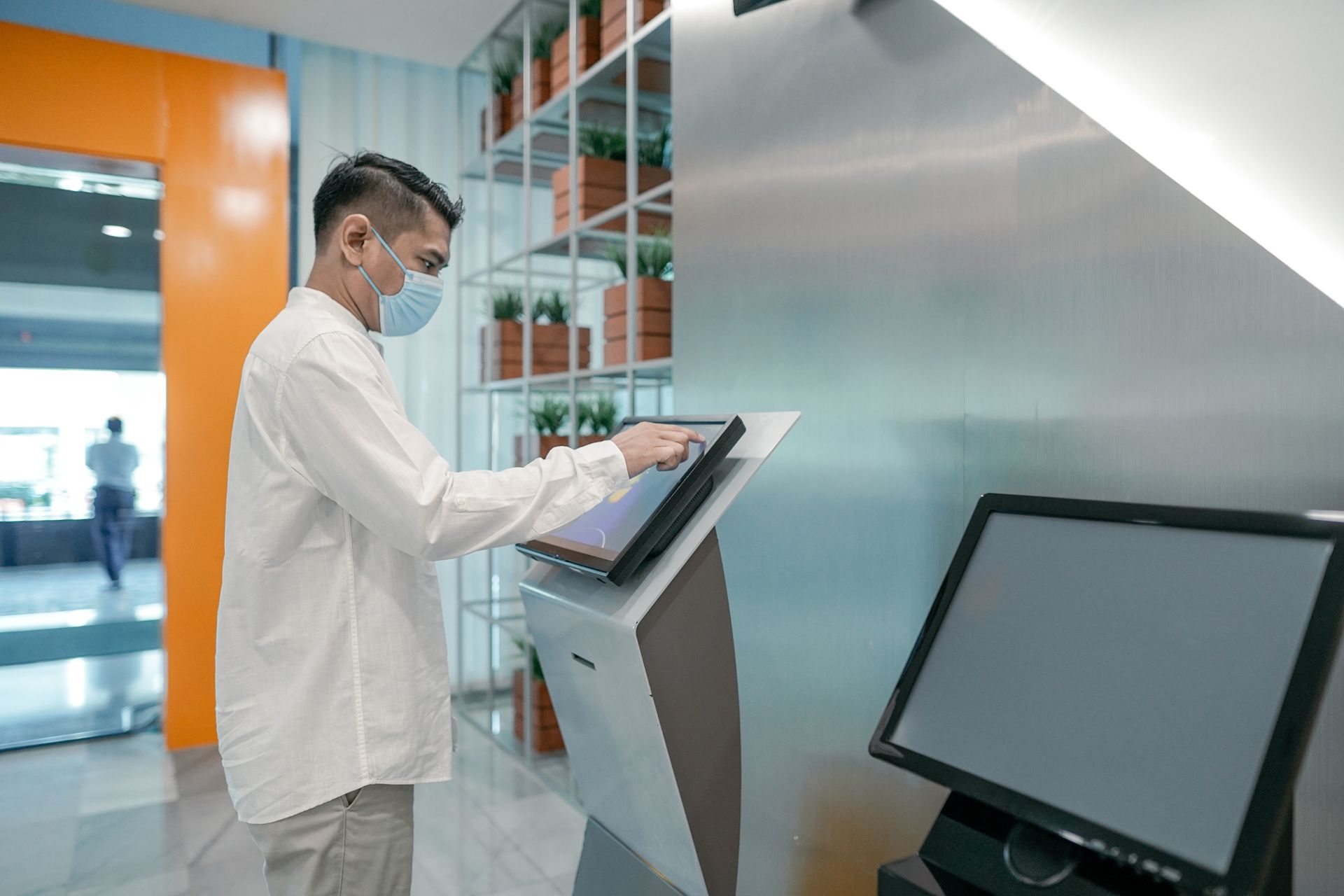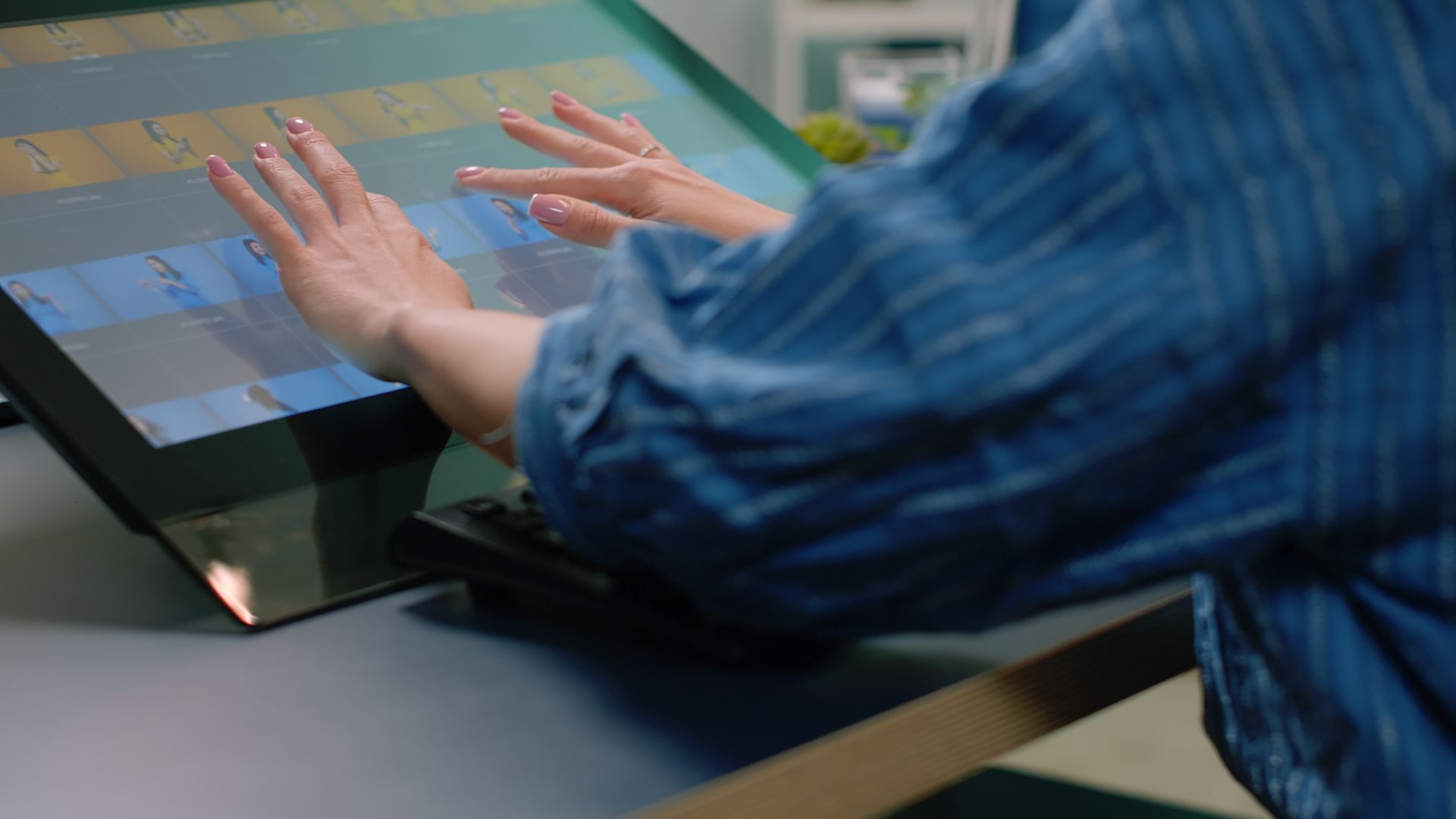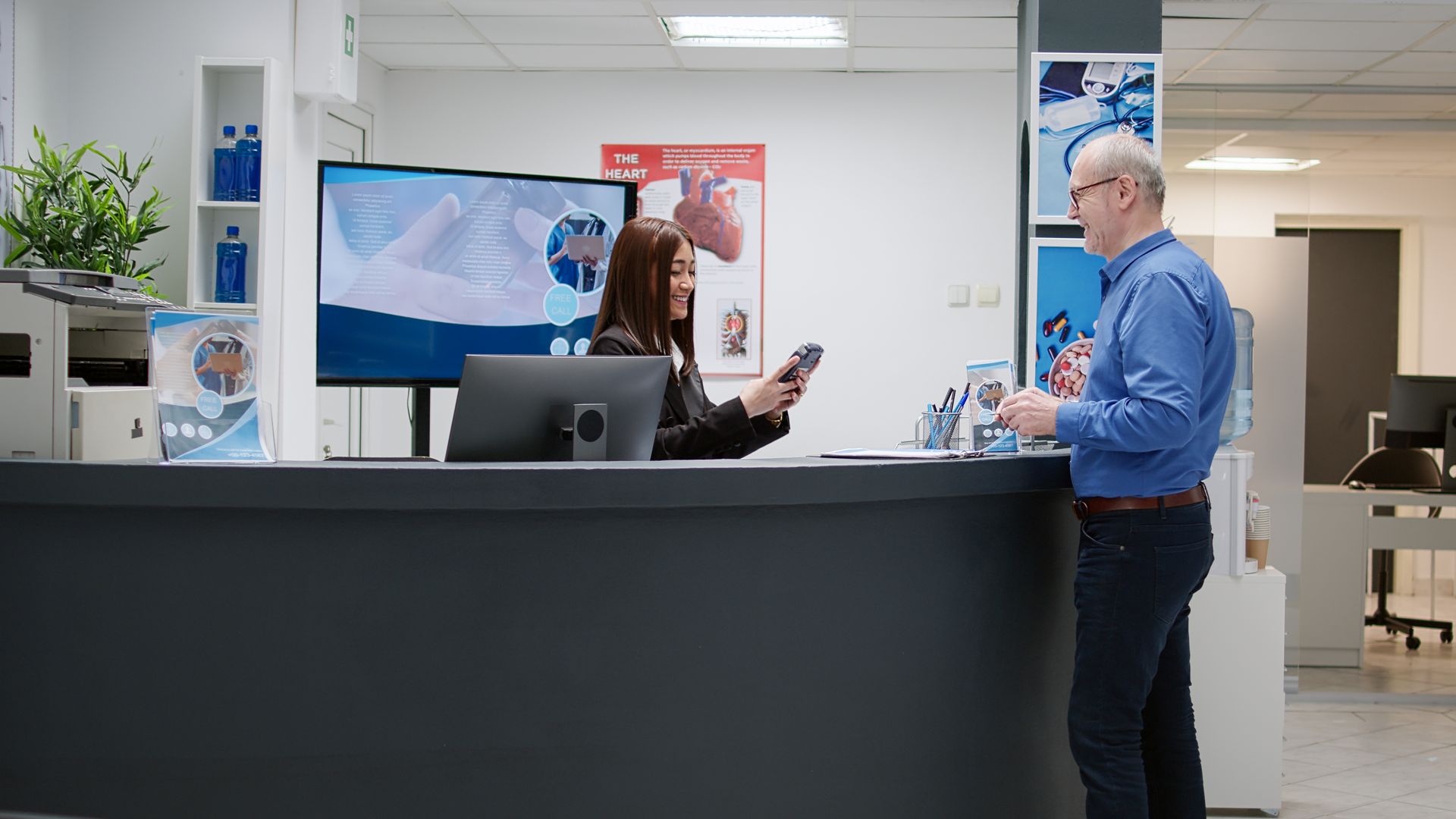Modular Architecture in Self-Service Kiosk Software: Designing for Flexibility and Customization
Modular Architecture in Self-Service Kiosk Software: Designing for Flexibility and Customization
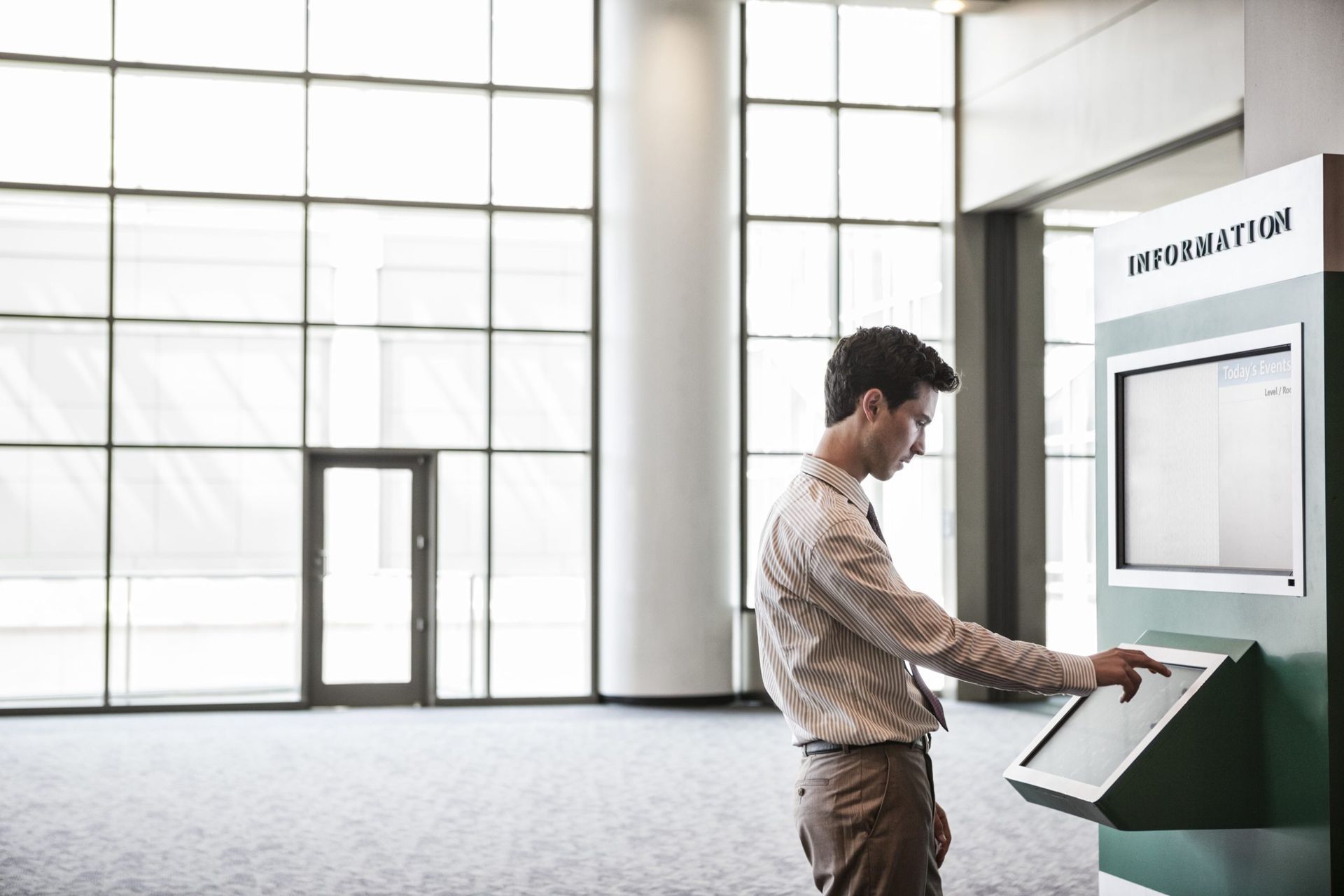
As businesses in Saudi Arabia increasingly adopt self-service kiosks to enhance customer experience, they often face a significant challenge: how to keep these systems flexible and adaptable to evolving needs. Traditional kiosk software, with its rigid, monolithic architecture, often limits a business's ability to customize features, integrate new technologies, or quickly respond to market changes. This lack of flexibility can result in outdated systems that struggle to meet customer expectations, leading to inefficiencies and missed opportunities.
The solution to this problem lies in modular software architecture. By designing kiosk software in a modular way, businesses can easily customize and scale functionalities according to their specific needs. This approach not only simplifies updates and maintenance but also allows for seamless integration with third-party services, ensuring that the kiosks can adapt quickly to new business requirements. This article explores how modular architecture in self-service kiosks empowers Saudi businesses to overcome these challenges, enabling them to stay competitive and responsive in a dynamic market.
Understanding Modular Architecture in Self-Service Kiosks
Modular software architecture is a design approach where the software is divided into distinct, independent modules that can be developed, tested, and deployed separately. Each module is responsible for a specific functionality, such as payment processing, user interface, or data analytics. This differs from traditional monolithic software, where all functionalities are bundled together, making it difficult to modify one aspect without affecting the entire system.
In the context of self-service kiosks, modular architecture allows businesses to build and deploy kiosks that can be easily customized and scaled. Whether it’s adding new payment options, integrating loyalty programs, or updating the user interface, modular architecture makes it possible to implement these changes without disrupting the entire system.
Benefits of Modular Architecture in Kiosk Software
The modular approach offers several significant benefits that are particularly relevant to businesses in Saudi Arabia:
- Flexibility in Customization and Scaling:
Modular architecture allows businesses to tailor kiosk functionalities to meet specific operational needs. For example, a retailer in Riyadh might customize their kiosks to offer multi-language support, while a hospitality provider in Jeddah could integrate additional services like room booking and check-out. - Easier Updates and Maintenance:
With modular software, updates can be made to individual modules without affecting the entire system. This reduces downtime and ensures that kiosks remain operational during upgrades, which is crucial for businesses that rely on these systems for daily operations. - Integration with Third-Party Services:
Modular kiosks can easily integrate with third-party services and APIs, such as payment gateways, CRM systems, and loyalty programs. This enables businesses to offer a more comprehensive and seamless customer experience. - Adaptability to Changing Business Needs:
As market demands shift, businesses can quickly adapt by adding or modifying modules. This flexibility is essential for staying competitive in the fast-paced Saudi market.
Customization Capabilities Enabled by Modular Design
One of the most significant advantages of modular architecture is the ability to customize kiosk systems to align with specific business objectives. Saudi businesses can choose from a variety of modules to create a kiosk solution that perfectly fits their needs.
For instance, a retail business might implement modules for inventory management, customer feedback, and promotions, while a healthcare provider could focus on modules for patient check-in, appointment scheduling, and insurance verification. This level of customization ensures that kiosks provide maximum value by addressing the unique requirements of each business.
Additionally, modular design allows for the personalization of user interfaces, making kiosks more user-friendly and accessible to diverse customer bases across Saudi Arabia. Whether it’s tailoring the language options or integrating region-specific features, modular kiosks can deliver a more engaging and relevant user experience.
Scalability: Growing with Your Business
As businesses in Saudi Arabia expand, their needs evolve. Modular architecture supports this growth by allowing businesses to scale their kiosk systems without the need for a complete overhaul. New features and functionalities can be added as separate modules, ensuring that the system can grow alongside the business.
For example, a small retail chain might start with basic functionality for payment processing and product search. As the business grows, it can add modules for loyalty programs, advanced analytics, and digital signage. This scalable approach helps businesses avoid the high costs and disruptions associated with replacing entire systems as they expand.
Integration with Third-Party Services
In today’s interconnected world, the ability to integrate with third-party services is crucial. Modular kiosks excel in this area by offering straightforward integration with a wide range of external systems. This could include payment gateways for processing transactions, CRM systems for managing customer relationships, or digital signage for enhancing in-store marketing.
For businesses in Saudi Arabia, this means that kiosks can be seamlessly integrated into existing IT ecosystems, allowing for more efficient operations and a unified customer experience. Whether it’s connecting with a nationwide loyalty program or integrating with local payment solutions, modular kiosks offer the flexibility needed to meet diverse business requirements.
Adapting to Changing Business Requirements
The business environment in Saudi Arabia is dynamic, with rapid changes driven by technological advancements and evolving consumer expectations. Modular software design enables businesses to quickly adapt their kiosks to these changes. Whether it’s deploying new features to capitalize on market trends or modifying existing functionalities to better serve customers, modular architecture provides the agility needed to stay ahead.
For example, during the COVID-19 pandemic, many businesses had to quickly implement contactless payment options and health screening modules. Modular kiosks made it possible to roll out these changes rapidly, ensuring that businesses could continue to operate safely and efficiently.
Simplifying Updates and Maintenance
One of the key challenges with traditional kiosk systems is the complexity of updates and maintenance. In a monolithic system, even minor updates can require significant downtime, as the entire system needs to be taken offline. Modular architecture, however, simplifies this process.
By isolating functionalities into separate modules, businesses can update individual components without affecting the rest of the system. This modularity reduces downtime, ensuring that kiosks remain operational during updates. Additionally, it allows businesses to quickly deploy security patches and new features, keeping the kiosk software secure and compliant with regulatory standards.
Enhancing User Experience Through Modular Design
User experience (UX) is a critical factor in the success of self-service kiosks. Modular architecture contributes to an enhanced UX by enabling personalized interfaces and workflows that cater to the specific needs of different customer segments.
For instance, a modular kiosk can be designed to offer different user journeys based on the type of customer interaction, whether it’s a quick payment, detailed product search, or complex service booking. The ability to customize and update these user interfaces as needed ensures that the kiosks remain intuitive and easy to use, which is particularly important in a diverse market like Saudi Arabia.
Cost Efficiency and ROI of Modular Kiosk Systems
Modular kiosk systems offer significant cost efficiencies compared to traditional, monolithic systems. The ability to add, remove, or update modules without disrupting the entire system reduces the need for costly overhauls and minimizes operational downtime.
Moreover, the improved flexibility and scalability of modular kiosks lead to better resource utilization and higher return on investment (ROI). For Saudi businesses, this means that investing in modular kiosk systems can result in long-term cost savings and increased profitability, as the kiosks can continuously evolve to meet changing business needs.
Security Considerations in Modular Kiosk Software
While modular architecture offers many advantages, it also introduces certain security challenges that businesses must address. The integration of multiple modules and third-party services can create potential vulnerabilities if not properly managed.
To ensure the security of modular kiosk systems, businesses should adopt best practices such as regular security audits, encryption of sensitive data, and robust access controls. Additionally, maintaining up-to-date software and promptly applying security patches is essential to protect against emerging threats.
By prioritizing security in the design and maintenance of modular kiosks, businesses in Saudi Arabia can safeguard their systems and maintain the trust of their customers.
Future Trends in Modular Kiosk Architecture
The future of modular kiosk architecture in Saudi Arabia is bright, with several emerging trends set to shape the industry. Integration with AI and machine learning is expected to enhance the capabilities of modular kiosks, allowing for more personalized and efficient customer interactions.
Additionally, the growing adoption of cloud computing and IoT technologies will further expand the possibilities of modular kiosks, enabling real-time data processing, remote management, and enhanced connectivity with other devices and systems.
As these trends continue to develop, modular kiosks will become even more integral to the success of businesses in Saudi Arabia, providing the flexibility and innovation needed to thrive in a competitive market.
Best Practices for Implementing Modular Kiosk Systems
For Saudi businesses looking to implement modular kiosk systems, following best practices is key to success:
- Assess Needs: Conduct a thorough analysis of business requirements and customer needs to determine the necessary modules and functionalities.
- Choose the Right Technology: Select a modular platform that supports seamless integration, scalability, and customization.
- Provide Training: Ensure that staff are adequately trained to manage and maintain the modular kiosk system, including troubleshooting and updating modules.
- Monitor and Optimize: Continuously monitor the performance of the kiosk system and make adjustments as needed to improve efficiency and customer satisfaction.
By adhering to these best practices, businesses can maximize the benefits of modular architecture and ensure the successful deployment of their kiosk systems.
Conclusion
Modular architecture in self-service kiosk software offers businesses in Saudi Arabia the flexibility, scalability, and adaptability needed to stay competitive in a rapidly changing market. By allowing for easy customization, seamless integration, and efficient updates, modular kiosks enable businesses to meet evolving customer expectations and operational requirements. As technology continues to advance, the role of modular kiosks will only grow in importance, making them a vital component of any forward-thinking business strategy in the Kingdom.




